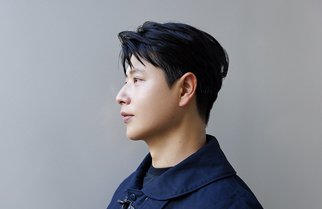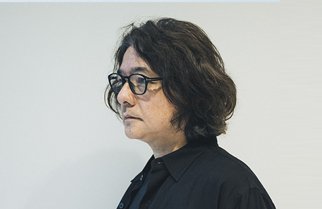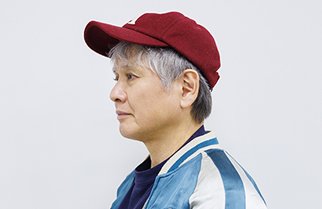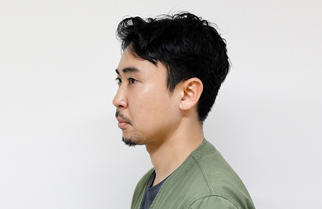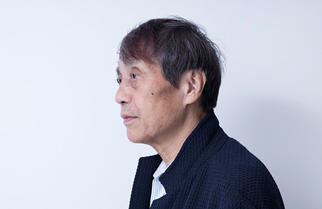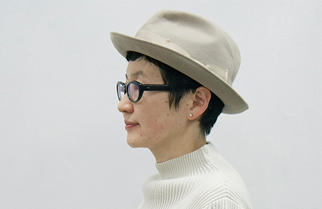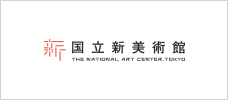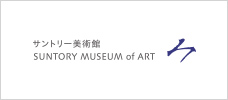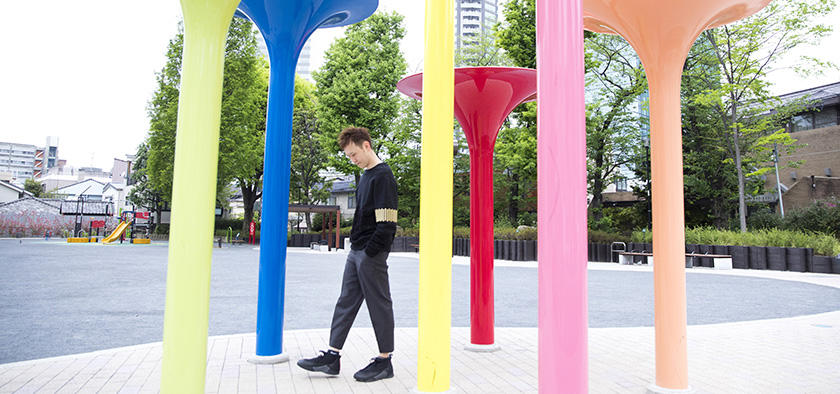
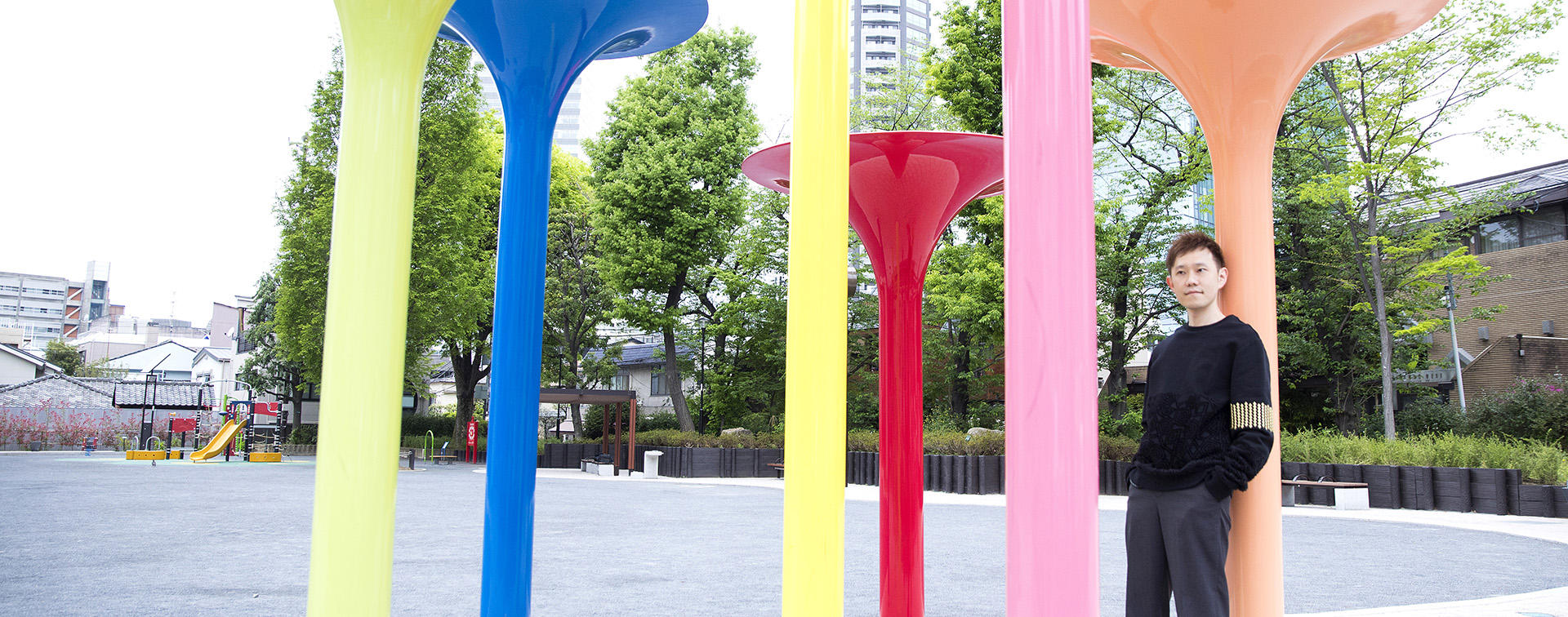
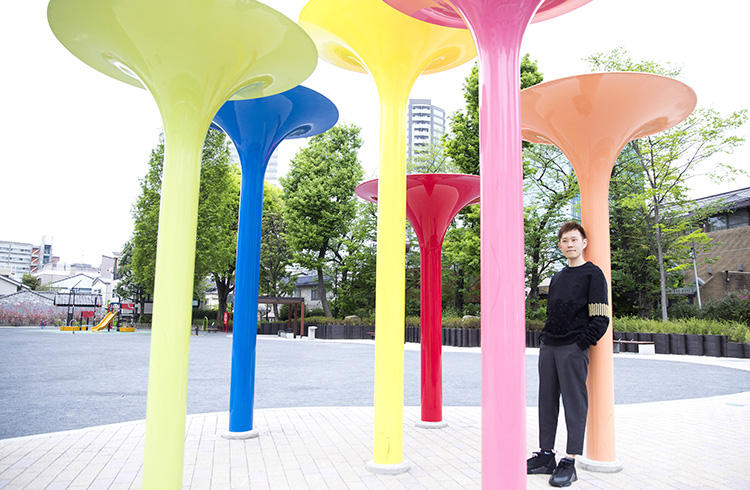
Music that could be created in Roppongi in the future
Advances in technology will make music and the streets more interesting
Koichi Tsutaya has made songs and produced and arranged music for many well-known Japanese artists including YUKI, Superfly, Yuzu, Elephant Kashimashi, Kaela Kimura, Chara, and JUJU. While valuing solid skills, knowledge and tradition, Tsutaya has constantly taken challenges in new areas. In this interview, he talked about the evolution of music, the potential of Roppongi, and his never-ending creative quest. He began by talking about Roppongi Nishi Park which is where we held the photo shoot for the interview.
The past 15 years with Roppongi
About 15 years ago, when I was 26 and had very little money, I took all kinds of opportunities to meet people and give them my music. In those days, I did jobs like arranging a song for 30,000 yen and I would often come to Roppongi to meet the people who were acting as agents. They often wouldn't show up on time; we would agree to meet at 10 p.m. but they still wouldn't have arrived at 1 or 2 in the morning, so I would kill time by wandering around Roppongi West Park.
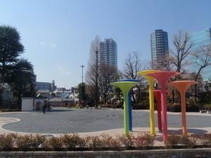
Roppongi West Park
A park located one block away from Roppongi Dori. In the park are six colorful tree-shaped sculptures symbolizing Ropppongi which means six trees.
Back then, Roppongi Hills was a building I just looked up at, but last year, I was in the building doing (the radio program) "The Hangout" on J-WAVE. It's been a while since I went to Roppongi West Park. Compared to those days, the atmosphere of the park has changed and I was thinking how both I and the park have changed. (laughs)
The decrease in "the sounds of cities"
I get the impression that compared to the past, the image of Roppongi as being the place for discos and clubs has weakened considerably. Roppongi is not characterized by music anymore, but this is something that is not unique to Roppongi. Ryuichi Sakamoto-san was recently saying in an interview that "the sounds of cities" have been decreasing since 2000. For instance, in Detroit there used to be music called "Detroit techno" and in Bristol, there was music that fused the sounds of dub and reggae which had come into the port town. In Tokyo in the '90s, there was music that was distinctly Tokyo-like. But the advent of the Internet has led to a rapid decline in the sounds of cities.
I listen mostly to music on the Internet. On SoundCloud for example, there are musicians in places like New Zealand and Venezuela whose followers don't yet total 1,000, but who are nonetheless truly amazing. In the past, music was born from the streets, but now the Internet itself has become a street, so an individual's characteristics have become more important than the characteristics of a town.
What can be done in Roppongi in an age when the significance of streets has diminished? Many of the world's leading IT companies are located in Roppongi. I think that musicians should do things together with the people at these companies.
There is an event called the SXSW (South by Southwest). It's a conference and festival event themed on "interactive, film, and music" that is held every March in America, in Austin, Texas. At this year's event, a Japanese DJ called starRo performed in the world's first live, global, interactive and immersive show dubbed "Cyber Teleportation Tokyo". 3D images of singers and dancers in Japan including Taichi Mukai were projected as AR (augmented reality), so it looked as they were performing with starRo in Austin. I think we should do similar interesting projects in collaboration with global platforms like SXSW; there are still so many exciting things we could do in Roppongi - things that are suited to the area and which we could show the world.

SXSW (South by Southwest)
Conference and festivals held every March in Austin, Texas, U.S.A. on the theme of "interactive, film, and music." The name South by Southwest is a twist on the title of the movie "North by Northwest" and was given to the event because Austin lies south-southwest of New York - the center of major record labels. The event started as a music festival but in recent years, it has become a venue for spotlighting technology startup companies.
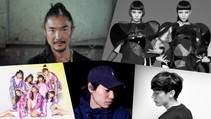
"Cyber Teleportation Tokyo" at SXSW
A performance held at SXSW in 2017 connecting performers in Tokyo and Austin. Due to the use of immersive telepresence technology called "Kirari!", the performers - including multi-instrumentalist starRo in Austin, and dance Duo AyaBambi and Taichi Mukai in Tokyo - appeared to be in the same venue.

Music and technology go hand in hand
Music has evolved in line with the advances in technology. When new instruments such as the synthesizer are made, new genres of music are born. Every time a new form of media has appeared - records, radio, the Internet - there has been a change in music. So I think musicians need to keep up with technological progress.
At the Grammy Awards in 2015, Prince said, "Albums still matter." But the concept of the album is based on the package - in compiling songs on a CD or record. And since CDs and records are now disappearing, there's actually not much point in making an album. This year, Drake released songs a "playlist" instead of an album. I think Drake is about two or three steps ahead of us. I'm not saying we should always jump up and emulate overseas artists, but I do think we should incorporate interesting trends.
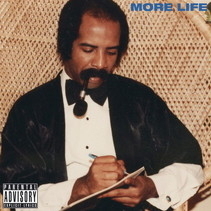
More Life
A playlist released in March 2017 by Drake. It featured artists such as KanyeWest, 2 Chainz, Travis Scott and Black Coffee. Drake has said that he made the playlist imagining what he would play on the Internet radio if all the songs were new songs.
A while ago, there were certain features that you had to have in a computer when making music; it was necessary to use a lot of SSDs (fast and expensive memory devices for storage mediums such as flash memory) but now we've almost come to the point where it's possible to create music anywhere with just one MacBook Pro. So far, we have had to make music in homes and studios where there was a computer, but from now on, music can be made on the go, with people all around the world. In the future, perhaps the iPad will replace MacBook Pro as a music-making tool; maybe we might ultimately need to only place our hand in the air and a screen will appear for music-making. What a sublime future that would be.
It would also be great if there was USB drive-like device - as in "The Ghost in the Shell" - that could be inserted into the head to play the music that you think up. Ideally the device would also allow you to know the innermost feelings of people when they listen to music. Perhaps it's not a good thing to make music based on how you imagine listeners will feel, but I know how to move people, and I do utilize my experience when making music. For instance, I know that if I play a certain note after a certain chord, I will be able to make a certain person cry; I know that if I do so-and-so, I could make a certain person feel happy. I have this huge data in my head which I draw from whenever I create music. If I could learn more about people's feelings, perhaps I will be able to further expand my music. If technology is going to make that kind of future possible, we should take advantage of the opportunities. I can't tell exactly how it will be, but it would be marvelous if new moves could be taken in Roppongi to blend music with technology, don't you think?
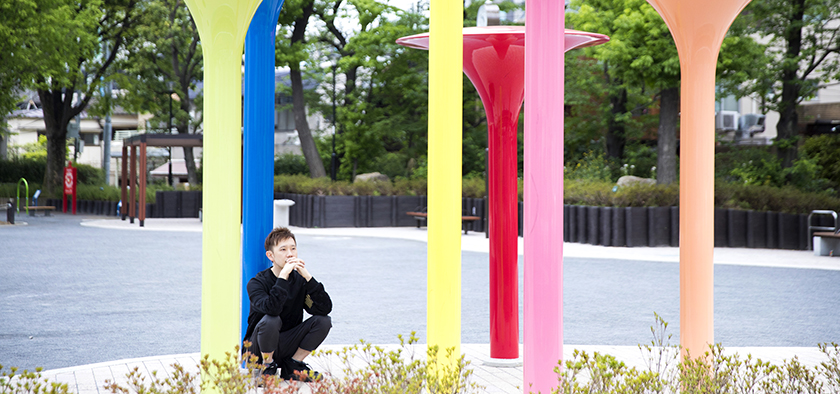
Real-time events in a flat world
When people grow older and accumulate knowledge and experience, it becomes more difficult to try out new things. There are people who've become like stubborn grandads - only appreciating things of the past.
To avoid becoming like that, we should get friendly with the technology people and think of the fun things we could do. When I go to the NAMM show (one of the world's largest music product trade shows held every January in the U.S.) I always see synthesizers and guitars that have been made with radical imagination. What becomes possible when new technology and music come together? That's the question I'm often wondering about.
Recently, I uploaded a video with music I made on Instagram. Half-jokingly, I wrote, "Could someone please sing this?" and about a week later, someone had sung the song and made a promotion video. It was quite good, so I contacted the person and proposed making a full-length song. After a few exchanges, we actually met. This experience has made me see not only how speedy SNS is, but also how flat the world of creators can be; whether you have a major label release or you are an indie artist, a veteran or an unknown - those things don't matter.
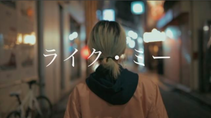
Like Me
A song created by Tsutaya and Ami Ide(@amiidemusic). Tsutaya, who composed the song, uploaded it on his Instagram account and Ide responded by singing the song and making a music video. The two later met and are currently working a full length version.
In the future, exchanges with creators abroad will probably be increasingly made in real-time, and at some point, we will be able to create music together, and even make movies together. And when that comes possible, it would be great if Roppongi had a studio for music production and performances, or maybe a complex facility comprising of music clubs.
All the performances at this year's Coachella Festival were broadcast live on YouTube; I'm sure that performances of musicians in Tokyo could be broadcast in real-time to the world in the same way. In the not-too-distant future, there could be an international live broadcast of a concert held somewhere in a Roppongi building, and anyone watching who wishes to join will be able to do so via the Internet. So a guitarist in Spain, a percussionist in Rio, and a shamisen player in Tokyo will be able to hold a virtual joint concert. It would be interesting to have that kind of place and there are many people in Roppongi who have the technology to make that idea a reality.
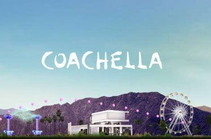
Coachella Festival
An outdoor music festival held every April in the Coachella Valley, a desert valley, in Indio, California. The event started in 1999, and is one of the largest musical festivals in the U.S. In 2017, it was headlined by Radiohead, Beyoncé and Kendrick Lamar.
The coolness of mixing the new with tradition
I like finding interesting people on the Internet, but I also get inspiration for music-making from actually meeting people and being moved. For example, I once went to see a rakugo performance by Shofukutei Tsurube. It was wonderful, from the way he was so focused on what he was doing to the light effects that were perfectly timed to the comic moments. There are times when I hear music in my head; it happens when I'm talking to people, or when I'm in states of excitement, relaxation or anger. Listening to Tsurube-san and marveling at how he still creates new works at his age, I began to hear music inside myself. I ended up with a complete song, so I hastily wrote it down on the back of my ticket.
There was also a time when I was inspired by talking with a sushi chef at "Taiheizushi", the famous sushi restaurant in Kanazawa. The chef was probably in his '70s, but I learned that he is always studying sushi, and that he has a passion for creation. I asked him, "What kind of sushi would you like to make now?" and he said, "I want to make really big-sized sushi. Big sushi might not be tasty, but they might be interesting." And he served me amazingly good sushi. I was awed by how he was still pursuing creativity with a free spirit.
Both Tsurube-san and the Taiheizushi chef are people who have skills and knowledge; they know what the tradition is, and yet they continue to take on new challenges, and to me, that's really punk and cool. Encountering these artisans, I felt as if the doors to my inner reservoir - where all my experiences have been accumulated and forgotten about - had been opened again.
Pursuing the things that sparkle and shine
As a music producer, I wish to do my work based on skills and knowledge while at the same time always being inspired and fired up. I do music in all genres, so I need to have a lot of skills and knowledge. I write music for full orchestras and jazz for big bands; I arrange punk rock music for three piece bands and make EDM (electronic dance music) and hip hop music. There are musicians who only do what they do best while others work in multiple genres: I want to do things I've never done before, so it's necessary to keep studying. One day, I would like to make enka, and I would also like to work with musicians abroad.
You are asking me how, as a professional musician, I could use music to make the streets more interesting? Well, I think it would be fun to make a melody specifically for Roppongi that is played when the train arrives at the station or when the traffic lights turn blue or when the doors of a building in Roppongi are opened. You might hear the melody when you put down a plate on a restaurant table, or when you flush the toilet. Various artists could make music based on the melody and they might hold concerts in the streets, and the concerts could be broadcast around the world... If it's possible to have that kind of project, I would love to be involved in making the music (laughs).
I dislike anything that is dull - I want to always be doing exciting things. Whether it's movies or music or sports, I have an affection and longing for things that sparkle and shine. The idea for a Roppongi melody which I just mentioned is just a whim, but it's good to talk about any idea that comes to you. When you do that, the people around you will give you help.
Editor's thoughts
Tsutaya-san's interest in pursuing new things was evident from the topics he talked about: new technology such as AR, and global, cutting-edge events such as SXSW and the Coachella Festival. He said that fame does not matter in music, and he himself has proved this through his activities. Tsutaya-san obviously sees the world as being flat, and I felt admiration for the way he acts in line with his vision. While Tsutaya-san thoughtfully answered each of our questions, choosing his words carefully, he often showed a sense of humor, and the interview was punctuated by laughter.




